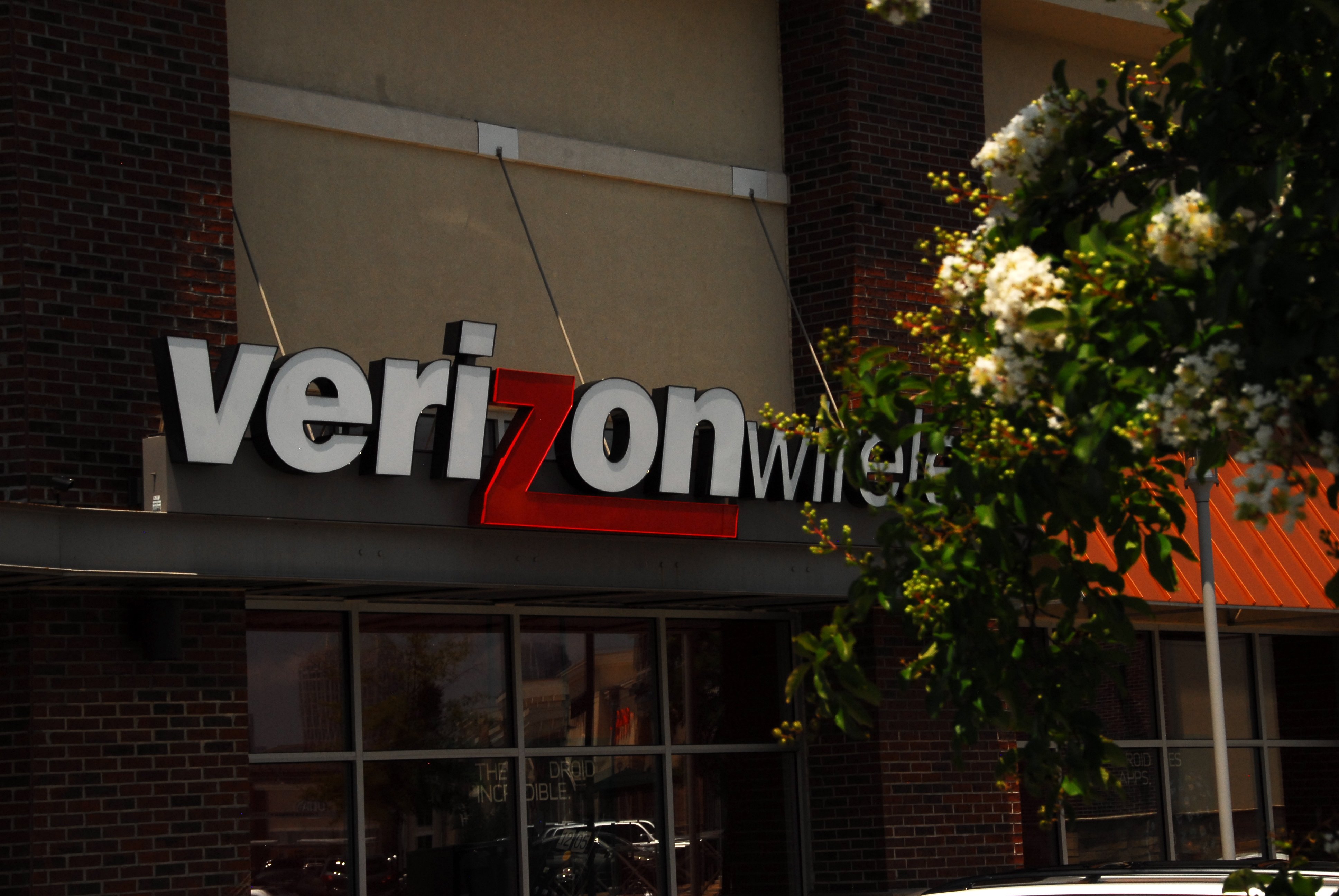-
Tips for becoming a good boxer - November 6, 2020
-
7 expert tips for making your hens night a memorable one - November 6, 2020
-
5 reasons to host your Christmas party on a cruise boat - November 6, 2020
-
What to do when you’re charged with a crime - November 6, 2020
-
Should you get one or multiple dogs? Here’s all you need to know - November 3, 2020
-
A Guide: How to Build Your Very Own Magic Mirror - February 14, 2019
-
Our Top Inspirational Baseball Stars - November 24, 2018
-
Five Tech Tools That Will Help You Turn Your Blog into a Business - November 24, 2018
-
How to Indulge on Vacation without Expanding Your Waist - November 9, 2018
-
5 Strategies for Businesses to Appeal to Today’s Increasingly Mobile-Crazed Customers - November 9, 2018
Verizon boasts new FiOS tech is 10x faster than Google Fiber
The new system also includes built-in redundancy, which allows for the four wavelengths to work independently should equipment failure occur. The operator says it could use the technology to deliver 10 Gbps or faster broadband to businesses and residences.
Advertisement
Verizon has announced that it has successfully tested ultra fast fiber optics broadband, which can reach speed up to 10 GB per second.
Verizon, based in Basking Ridge, New Jersey, tested the service by installing an optical line terminal in the central office and transmitting to a customer’s home in Framingham, Massachusetts.
“Upgrades on the FTTP network will begin when commercial equipment is available to support business services such as switched Ethernet services”, Verizon said in a press release.
The field trial, the telco said, validated an important service reliability feature of NG-PON2 – it simulated a fault in the central office equipment, but the ONT restored its own 10G service “in seconds” by autonomously tuning to another wavelength. You can check the YouTube video below that provides some additional detail about the technology.
The technology will have the system capacity to grow to 40-80 Gbps as the market demand. That capacity will be used to accommodate new technologies like driverless cars, smart appliances and a host of other emerging products we haven’t even invented yet.
Advertisement
Verizon will issue a tender later this year to purchase hardware and software for the new NG-PON2 or next-generation passive optical network platform. No pricing has been set as yet. One test transmitted the NG-PON2 signals over a fiber serving live GPON customers proving that the network can simultaneously deliver GPON and NG-PON2 on the same fiber. “Verizon noted that the multi-gigabit speeds will initially be most attractive to business customers but said, “[t]hat’s expected to change as the adoption of 4K video content and the explosion of the Internet of Things, with an estimated 25 billion Internet-connected devices expected by 2020, will create demand for higher symmetrical speeds and lower latency for consumers as well”.




























